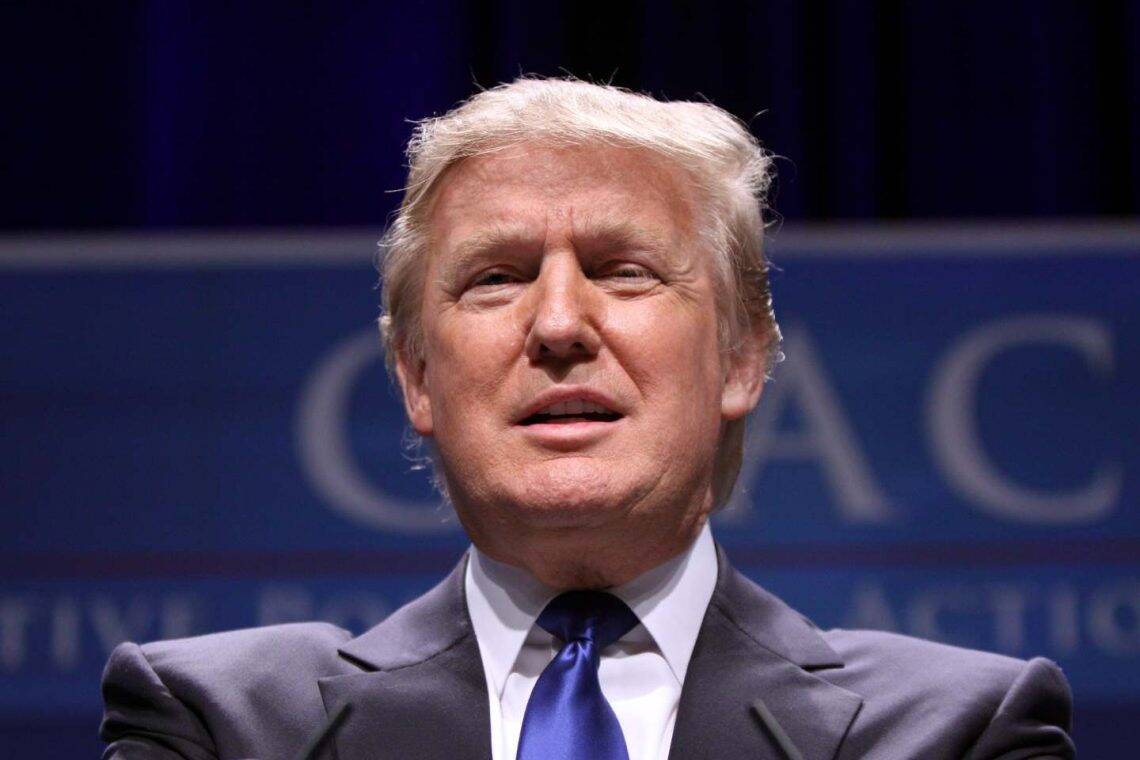Trump’s “White Genocide” Claim Fuels Afrikaner Immigration to U.S.: A Polarizing Policy Debate
The Trump administration’s fast-track immigration program for white South African farmers, launched in February 2025, has welcomed an initial 59 Afrikaners as refugees, citing alleged “persecution” and farm murders. Framed by President Donald Trump as a response to a “white genocide,” the policy has drawn sharp criticism as racially motivated, while supporters defend it as a humanitarian necessity. The initiative has reignited tensions between the U.S. and South Africa, intersecting with the country’s complex land-reform debates and straining diplomatic ties.
The Roots of the Policy: Trump’s “Genocide” Narrative
President Trump has repeatedly claimed that white Afrikaner farmers — descendants of Dutch and French settlers — face systematic violence and land seizures in South Africa. During a May 2025 meeting with South African President Cyril Ramaphosa in the Oval Office, Trump presented a video montage and news clippings, asserting they showed evidence of a “genocide” against Afrikaners (The Guardian). He highlighted farm killings and South Africa’s Expropriation law, which he claimed enabled land seizures without compensation.
South African officials and fact-checkers strongly reject these claims. Ramaphosa called them “completely false,” noting that crime in South Africa affects all racial groups (New York Times). South African police data recorded 44 farm-related murders in 2024, of which only 8 involved farmers — figures far below what a genocide narrative would suggest (Al Jazeera). Analysts argue these crimes stem from socioeconomic pressures and weak rural policing, not state-led persecution. A senior researcher at the University of Johannesburg said describing farm killings as genocide is a “gross mischaracterization” (Al Jazeera).
Trump also displayed images of white crosses along a rural road, claiming they marked burial sites of murdered Afrikaners. In fact, the crosses were part of a temporary memorial and protest, not mass graves — a claim debunked by the victims’ own son and multiple fact-checkers (NPR). At least one of the images Trump showed was misattributed and actually came from the Democratic Republic of the Congo (PolitiFact).
The Fast-Track Program: Humanitarian or Discriminatory?
In May 2025, 59 white South Africans arrived in the U.S. under this refugee‐style program, justified by the State Department as fleeing “racial persecution” (Reuters). This was an exception to Trump’s broader refugee admissions freeze, with the first group greeted at Dulles Airport by U.S. officials.
Critics argue the program is racially biased. South Africa’s International Relations Minister Ronald Lamola called it a “politically motivated” attempt to undermine the country’s democracy (Al Jazeera). The Episcopal Church withdrew from federal refugee resettlement, citing preferential treatment for Afrikaners. U.S. Senator Jeanne Shaheen called the policy “baffling” and discriminatory, pointing out that Haitian and Afghan refugees face exclusion (Reuters).
Supporters, including Afrikaner advocacy group AfriForum, frame it as a legitimate response to rural violence. They argue farm murders should be classified as priority crimes, though they stop short of endorsing mass emigration (Reuters). Critics, however, highlight the hypocrisy of making exceptions for Afrikaners while upholding strict bans on other refugee groups.
Land Reform: The Core of the Controversy
South Africa’s land-reform agenda seeks to rectify apartheid-era injustices. White South Africans, around 7% of the population, own over 70% of commercial farmland, while Black Africans, who make up 81% of the population, own just 4% (News24). The Expropriation Act signed in January 2025 permits land seizures without compensation only in limited cases of public interest, subject to court oversight. As of September 2025, no uncompensated expropriations have occurred, and illegal land grabs have been addressed.
Trump’s narrative that farmers are killed post-seizure lacks evidence. The murder of Glenn and Vida Rafferty in 2020 was politicized when Trump misrepresented protest crosses as a mass burial site, a claim rejected by their son Nathan (NPR). South Africa’s Agriculture Minister John Steenhuisen defends the Expropriation Act as balancing property rights with redress, while Ramaphosa has proposed an independent probe into Trump’s claims to promote dialogue.
Diplomatic and Economic Fallout
The policy has deepened U.S.–South Africa tensions. Trump imposed 30% tariffs on South African exports, cut $2.7 million in USAID funding, and expelled South Africa’s ambassador, partly tied to Pretoria’s ICJ case against Israel (News24). Trump also announced he would skip the G20 Summit in Johannesburg in November 2025, sending Vice President JD Vance instead (eNCA).
Pretoria fears reputational damage as it hosts the G20, the first ever on African soil. Leaders worry the “white genocide” narrative could deter foreign investment. Meanwhile, the U.S. State Department reports receiving over 8,000 inquiries about the program, signaling sustained controversy (Reuters).
Conclusion: A Divisive Crossroads
Trump’s Afrikaner immigration program has cast South Africa’s challenges — rural crime, land reform, historical inequality — into a global spotlight. Supporters see it as addressing real fears, while critics denounce it as a racially selective distortion that undermines democracy. As South Africa balances global diplomacy and domestic realities, the fallout of this policy will shape U.S.–South Africa relations for years to come.
